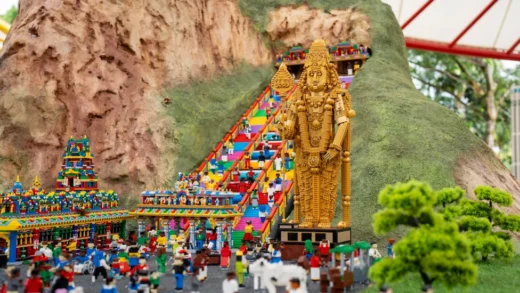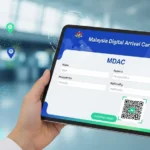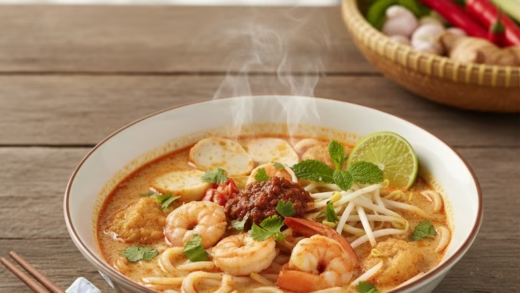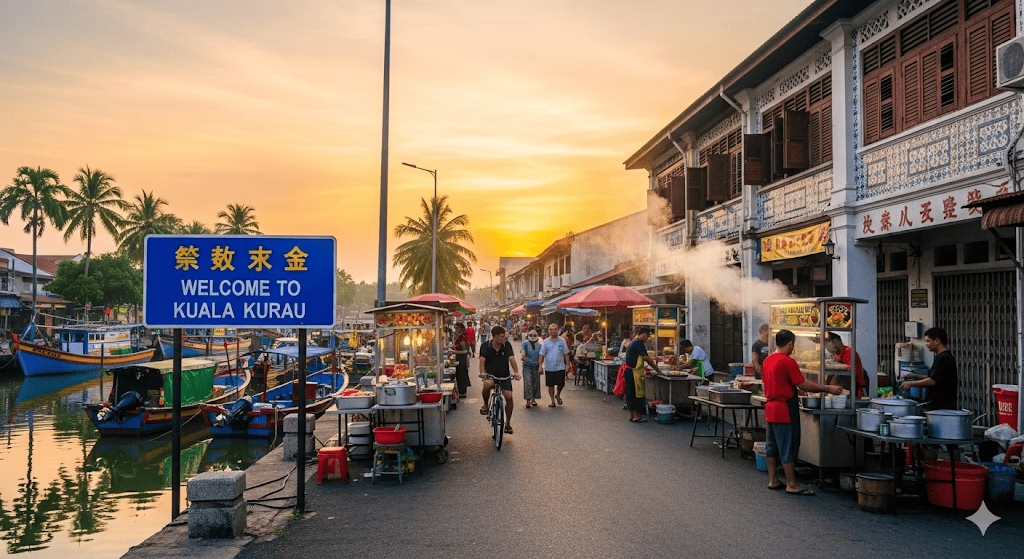How to Travel Malaysia’s National Parks Safely [Eco-Friendly Tips]
![How to Travel Malaysia’s National Parks Safely [Eco-Friendly Tips]](https://mytrip.my/wp-content/uploads/2025/10/How-to-Travel-Malaysias-National-Parks-Safely-Eco-Friendly-Tips-1-800x450.webp)
Introduction
Planning an adventure in Malaysia’s national parks? Travelling Malaysia’s national parks safely not only ensures a memorable experience but also helps protect these natural treasures. With eco-friendly tips and practical advice, you can explore lush rainforests, cascading waterfalls, and rich wildlife responsibly.
Overview
Malaysia is home to some of Southeast Asia’s most breathtaking national parks, from Taman Negara in Pahang to Gunung Mulu in Sarawak. These protected areas are celebrated for their biodiversity, tropical rainforests, and unique ecosystems. Many parks are steeped in cultural and historical significance, serving as habitats for indigenous communities and wildlife alike. Eco-tourism initiatives are increasingly promoted to maintain the delicate balance between adventure and conservation.
Things to Do / Experiences
Jungle Trekking & Nature Trails
- Explore Taman Negara’s Canopy Walkway, one of the world’s longest suspended bridges, offering panoramic views of the rainforest.
- In Gunung Gading National Park, trek to see the rare Rafflesia flower in bloom, the world’s largest bloom.
- Wear eco-friendly gear, stay on marked trails, and avoid littering to preserve the natural habitat.
Wildlife Watching & Birding
- Spot Malayan tigers, hornbills, and orangutans in protected zones of Bako National Park and Danum Valley.
- Carry binoculars and biodegradable insect repellent.
- Respect wildlife by maintaining a safe distance and avoiding feeding animals.
Waterfall & River Adventures
- Swim in the cool waters of Chamang Waterfall (Bentong) or the Lata Berkoh waterfall (Pahang).
- Use reef-safe sunscreen and eco-conscious swimwear to minimize environmental impact.
- Engage in guided river trekking or kayaking tours for a safe and immersive experience.
Eco-Friendly Camping & Glamping
- Book campsites at Taman Negara or Royal Belum with eco-friendly facilities.
- Choose reusable utensils, biodegradable soaps, and leave-no-trace practices.
- Glamping options like luxury tents in Endau-Rompin offer comfort while minimizing ecological footprint.
Food & Dining Recommendations
Local Delights: Try Nasi Lemak, Laksa Sarawak, and Ikan Bakar at nearby village eateries.
Cafes & Restaurants:
- Cafe Terrapuri in Penang for eco-conscious meals with locally sourced ingredients.
- Changkat Rimba Café near Taman Negara offering traditional Malay cuisine.
Street Food Tips: Support local hawkers, choose freshly prepared dishes, and carry a reusable water bottle.
Accommodation & Stay Options
- Taman Negara Rainforest Resort: Comfortable cabins with rainforest views, guided tours, and eco-friendly amenities.
- Royal Belum Rainforest Lodge: Secluded lodge offering boat tours, jungle treks, and sustainable practices.
- Gunung Mulu Resort: Convenient access to caves and trails, featuring eco-certified accommodations.
- Budget & Homestays: Local homestays offer immersive cultural experiences while promoting sustainable tourism.
Transport & Accessibility
- Flights: Kuala Lumpur International Airport (KLIA) connects to cities near major parks like Miri for Gunung Mulu or Kuching for Bako National Park.
- Bus & Train: Long-distance buses are available from Kuala Lumpur to Taman Negara (Kuala Tahan), or trains via KTM to nearby towns.
- Car Travel: Renting a car is ideal for flexible travel, especially for reaching remote areas.
- Eco-Friendly Tip: Combine public transport and guided tours to reduce carbon footprint.
Tips & Local Insights
- Visit during dry seasons (March–September) for safer trails and better accessibility.
- Pack lightweight, biodegradable toiletries and reusable water bottles.
- Respect local customs, especially in indigenous villages.
- Book tours with certified eco-tour operators to support sustainable tourism.
- Always follow “Leave No Trace” principles—carry your trash, avoid single-use plastics, and stick to marked trails.
Frequently Asked Questions
Q1: Are Malaysia’s national parks safe for solo travellers?
Yes, but it’s recommended to join guided tours or trekking groups for safety and better navigation.
Q2: What is the best way to spot wildlife without disturbing them?
Use binoculars, keep quiet, and maintain distance; early mornings are ideal for sightings.
Q3: Can I camp overnight in these national parks?
Yes, most parks offer designated eco-friendly campsites or lodges. Permits may be required.
Q4: Are there vegetarian or halal food options near the parks?
Yes, most parks have nearby villages and cafes offering halal and vegetarian meals.
Q5: How can I travel sustainably while visiting these parks?
Use public transport, carry reusable items, follow eco-friendly tours, and avoid littering to minimize environmental impact.
Final Thoughts
Travelling Malaysia’s national parks safely while embracing eco-friendly practices allows you to enjoy the country’s stunning landscapes without harming the environment. From trekking through lush rainforests and spotting exotic wildlife to savouring local delicacies and staying in eco-conscious accommodations, every step can be both adventurous and responsible.















Comments are closed.